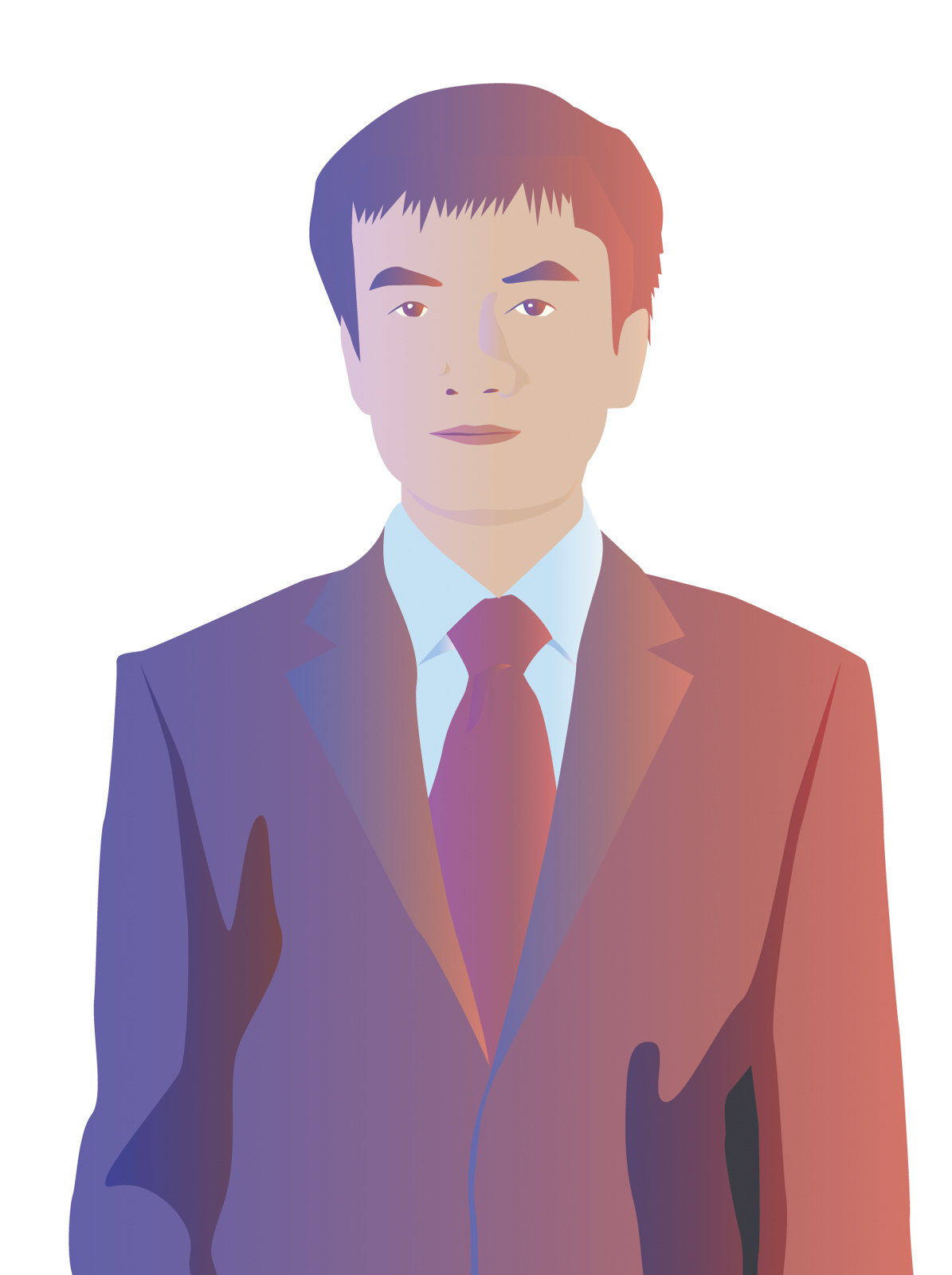Fuzhou, a port city and the capital of Fujian province, has always been an outward-looking sort of place. During the Ming dynasty (1368-1644), exports in porcelain flourished, while the much-admired mariner Zheng He embarked on a series of grand ocean voyages from Fuzhou, commanding flotillas of ‘treasure ships’ westward as far as Africa. Fast forward a few centuries, and Fuzhou boasts a robust economy, benefitting from inward investment from many thousands of overseas Chinese whose ancestors once called Fuzhou home.
Since China’s reform and opening up in the 1980s, Fuzhou has been at the forefront of various national investment and trade initiatives, and today the city can boast a GDP that’s at least 30 percent higher than the China average. In 2010, Fuzhou was designated a ‘national innovative pilot city’, becoming a testing ground for everything from big data centres in the healthcare realm to smart industrial hubs like the Fuzhou Science and Technology Park, a tech incubator and one of the drivers of the city’s success. In 2018, Fuzhou hosted China’s first Digital Summit, an expo of new homegrown tech innovations, from driverless buses and delivery vehicles to smart wearables. Along with neighbouring city Xiamen, Fuzhou has also made great strides in the video gaming industry, boasting a number of successful game developers, and even setting up its own e-sports association in 2018.
Also known as the City of the Banyans for a swathe of banyan trees planted as far back as the Song Dynasty (960–1279), Fuzhou is considered one of China’s greenest cities. This status received a boost in 2018 with the opening of Fudao, an innovative, 19-kilometre raised pedestrian walkway, the most ambitious of its kind in the world, winding through previously inaccessible mountain forest in the treeline above the city. Designed by Singapore-based LOOK Architects, Fudao connects Fuzhou citizens with the nature on their doorstep.
Another architectural marvel completed in 2018 was Fuzhou’s world-class performance and arts space, the Fuzhou Strait Culture and Art Centre, designed by Helsinki’s PES Architects to resemble a jasmine blossom. Each of its five steel petals, clad in porcelain in a nod to the city’s trading history, houses various functional spaces, from an opera house to a high-tech cinema centre.
The Person: Fang Jin
Success comes full circle
Fuzhou-made Scud lithium-ion batteries power everything from electronic vehicles to big-brand mobile phones and laptops sold all over the world. The company was started by local tech entrepreneur Fang Jin back in 1997.
In the early 1990s, before mobile phones had caught on in China, Fang started a firm manufacturing a type of communications device somewhere between a walkie-talkie and a PDA, known as the Black Pearl. With a useful 30-kilometre range, these proved incredibly popular, and the company could barely keep up with demand. The good times ended abruptly after just three years, however, when the Chinese government banned this type of communication device.

‘We still had around 60 million yuan of unsold inventory,’ recalls Fang, ‘and at least half of it had to be scrapped.’ Fortunately, Fang’s accumulated experience in mobile devices led him to salvage what he had and start Scud, developing batteries and other components for newly emerging mobile phones. A decade on, the company was listed on the Hong Kong stock exchange and Fang on Forbes‘ China Rich List.
Fang’s only regret, if any, is the choice of Scud for the company’s name. ‘We named it after the Russian SCUD missile,’ says Fang, ‘hoping that we can grow as fast as the missile can fly in the Chinese battery industry. Although it’s not such a good name, at least if people think it is strange, they will be able to remember it.’
The Product: Rise of the Kings
The far reach of a gaming empire

A fantasy-based war strategy game for mobile, Rise of the Kings was lauded for its graphics and gameplay when it launched in 2016. The game is the flagship title of Fuzhou-based Longteng Jianhe Network Technology, which also produces a number of similar titles including Revenge of Sultans and its latest, Origins of an Empire, the first strategy war game to focus on the Ottomans.
Unlike other Chinese-based software developers, Longteng Jianhe has embraced the idea of going global since its inception. Rise of the Kings is available in 18 languages, helping to greatly bolster global sales, and the company has even launched international battle events with gamers from different countries pitted against each other. A strategic partnership between Longteng Jianhe and Dubai-based ONEMT has also enabled wider global distribution across the Middle East and Europe.
Ones to watch
Green tricks
Tianmashan Smart Park is outfitted with all manner of Wi-Fi-enabled gizmos, from smart car parks to intelligent water metres. Rubbish bins notify park authorities when they are full; even manhole covers can send an alert if they become dislodged.
Do-it-all app
Designed for the city’s residents, e-Fuzhou is an app for public transport e-payment but also lets users perform tasks like booking hospital appointments and borrowing library books. It even guides you around the city’s tourist sites and helps you find parking.
Mixed signals
Wireless Intelligent Service is an integrated wireless internet solution designed to work in complex spaces like multi-floor offices and schools. It uses big data and cloud computing to optimise internet coverage and quality based on the scenario.














